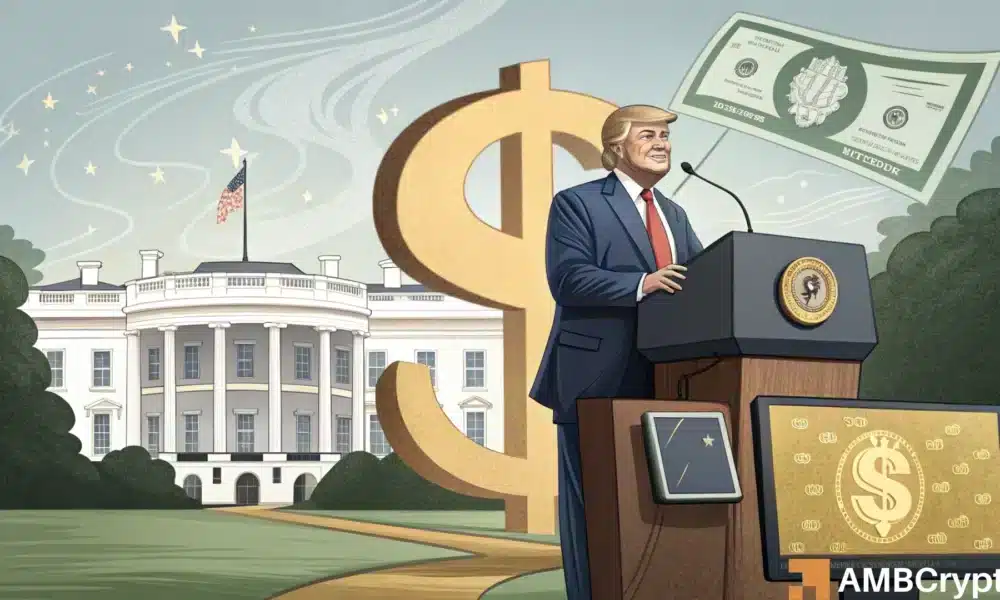USD1 and the Dollar Dominance Agenda
USD1 Stablecoin from WLFI wants to strengthen the dominance of dollars in digital finances. However, the centralized WLFI control is over USD1, calls for concern about transparency and governance.
The ability of WLFI to freeze accounts and transactions on the black list distinguishes it from decentralized cryptocurrencies, which expresses concern about financial autonomy.
The sustainability of the company is investigated by recent financial setbacks. The crypto portfolio has suffered considerable losses, including a decrease of $ 51 million from February 2025. This instability makes doubts about the support of USD1 and the viability of WLFI in the long term.
These problems are alarming for retail investors. USD1s centralized natural restriction The influence of decision -making and complicating the liquidation of companies during the decline of the market. This lack of transparency risks that held trust and scare off investments.
Evaluation of supervision after presidential influence
The involvement of the Trump family at WLFI and USD1 has expressed concern about the impartiality of financial supervisors. Because Trump has a significant influence on agencies that supervise the crypto sector, doubts have arisen about the strength of current supervisory mechanisms.
In February 2025, President Trump gave an executive order that the presidential control of independent regulatory authorities, including financial watchdogs, issued.
This step has led to the fear of possible conflicts of interest, in particular with regard to WLFI’s plans for USD1. Critics warn that consolidating power agencies could weaken that are responsible for guaranteeing financial stability and protecting consumers.
Democratic legislators, led by Senator Elizabeth Warren, have urged financial regulators to describe their strategies for monitoring WLFI and tackling associated risks.
The proposed Genius Act wants to set up an extensive regulatory framework for Stablecoins, which means that the Federal Reserve and the office of the Current of the Currency are supervised. However, its effectiveness remains uncertain given the current political climate.
Paul Atkins, a lawyer for pro-Cryptocurrency, has been appointed as chairman of the SEC. Known for its support for digital assets, Atkins can insist on more mild supervision, which expresses concern about balancing innovation with market integrity.
Where should supervisors draw the border?
The intersection of politics and finance is important challenges for supervisors. Balancing innovation with accountability is becoming increasingly difficult when political figures have significant financial interests in emerging crypto projects.
While President Trump promotes the Dollar Dominance Agenda via USD1, financial watchdogs are confronted with the delicate task to protect market integrity without hindering innovation.
Proposals such as the Genius Act emphasize the need for clear regulations to prevent conflicts of interest and at the same time encourage growth.
However, as the political influence penetrates regulatory frameworks, maintaining impartiality becomes crucial. If you find the right balance, the American financial system will remain resilient or collapses for political and economic complications.

